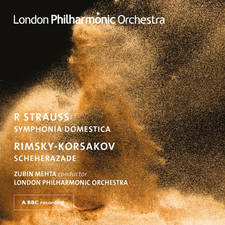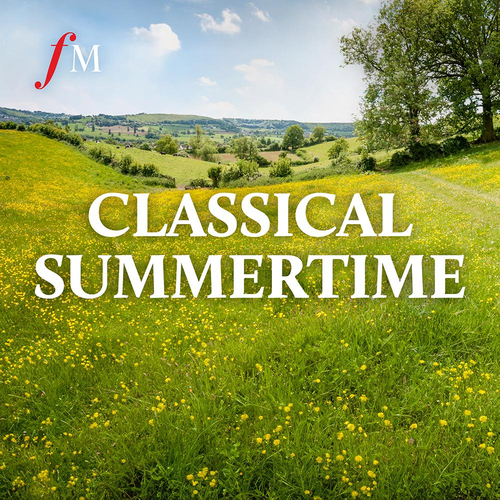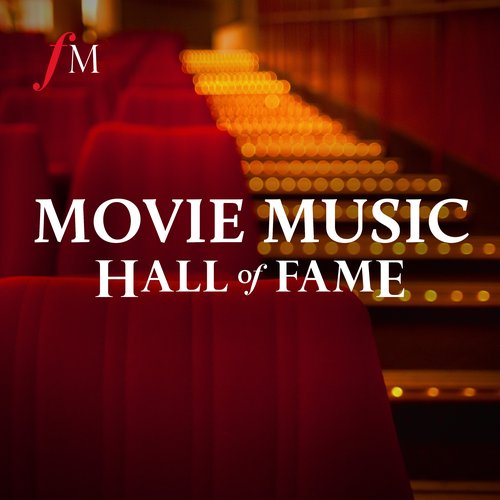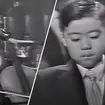Eric Whitacre conducted a 600-strong choir at Eurovision Choir of the Year and it was glorious
25 July 2017, 12:34 | Updated: 25 July 2017, 12:53
Eurovision Choir of the Year took place over the weekend, and conductor Eric Whitacre opened the show with his piece ‘Fly to Paradise’, performed by 600 singers and one soloist.
The piece, which opened the show, was performed by a choir of 600 choristers from around Europe – including Jolanta Strikaite and Eva Johansone, who hosted the competition alongside Whitacre himself.
‘Fly to Paradise’ was composed by Whitacre for the fourth instalment of his Virtual Choir, a project in which singers from all over the world send in their performances of a piece as individual videos that are then brought together in a final video.
The Eurovision choir competition took place on Saturday 22 July 2017 and was the first ever Eurovision competition for choral singers.
Each choir performed for six minutes and were asked to include a piece (or pieces) that reflected their national or regional character. The choirs were then judged by a panel, which included British composer John Rutter and Latvian mezzo-soprano Elīna Garanča.
Jon Ola Sand, head of live events for the European Broadcasting Union, one of the event organisers, said: “Singing in choirs is a healthy, social and artistic activity that anyone, young or old, musically experienced or not, can take part in – and one which is growing in popularity across the world.
“Eurovision Choir of the Year will showcase the vast possibilities of the human voice and aims to inspire new singers to get involved.”
Nine countries took part in the competition: Austria, Belgium, Denmark, Estonia, Hungary, Latvia, Germany, Slovenia and Wales. Slovenian choir Carmen Manet took the top spot, while Welsh choir Côr Merched Sir Gâr were the runners up and Latvian choir Spīgo finished in third place.
The event was held at the Arena Riga, in the Latvian capital Riga, and organised by the European Broadcasting Union (EBU) and the Interkultur Foundation and is part of the same family of events as the Eurovision Song Contest.
Watch the winner and runner-up’s performances below:
Find out more about the contest on their official website!



































